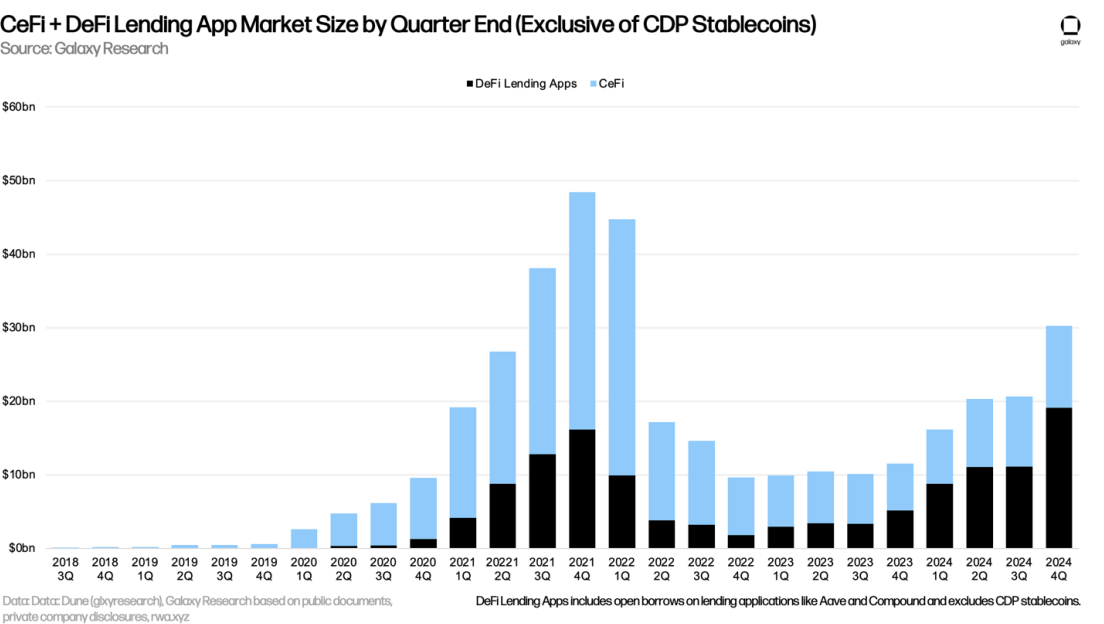SEC serves suit to evasive Richard Heart in Finland, but not in person
The United States Securities and Exchange Commission said it served its lawsuit to HEX founder Richard Schueler — aka Richard Heart — at his house in Finland’s capital of Helsinki.
In a Dec. 11 New York District Court filing , the SEC said it served Heart through substitute service on Oct. 31 — an alternative for when a suit can’t be personally delivered to the defendant typically due to difficulties in locating them.
The process server said they made several failed attempts over nearly seven weeks starting Sept. 13 to personally serve Heart through calls, texts, letters, and attempts to reach him in person at his Helsinki residence.
 TSEC's notice of service to Heart. Source: CourtListener
TSEC's notice of service to Heart. Source: CourtListener
The SEC sued Heart in July, alleging he made over $1 billion selling Hex, PulseChain (PLS), and PulseX (PSLX), which the agency claimed were unregistered securities.
It also claimed Heart defrauded investors in the U.S. and overseas by misappropriating at least $12 million of their funds to buy a “555-carat diamond, expensive watches, and high-end automobiles.”
In an early November status report to the court, the SEC said it could not find Heart since Aug. 22 to serve its suit despite knowing he was somewhere in Helsinki
Related: Terra co-founder Do Kwon will stay in Montenegro until February: Report
While Heart has kept his whereabouts closely guarded, it hasn’t stopped him from remaining active online.
Since the SEC’s Nov. 21 status report, Heart has made over 40 X (Twitter) posts, concerning current crypto-related events such as Binance’s settlement with the Department of Justice in November, Sam Bankman-Fried’s trial , and updates on Do Kwon.
HEX is down 81.5% over the past year and 99% since its Sept. 19, 2021, all-time high of $0.5, per CoinGecko data .
Disclaimer: The content of this article solely reflects the author's opinion and does not represent the platform in any capacity. This article is not intended to serve as a reference for making investment decisions.
You may also like
CeFi lending’s up 73% after the sector’s collapse: Galaxy
Both CeFi and DeFi lending have made a comeback, Galaxy noted

USDC’s ‘fueling’ stablecoin market cap rise: Wintermute
Taking a look at the biggest stablecoin players and where they stand
Could Stagnant Bitcoin Dominance Herald the Arrival of Altseason?
Signs of an Emerging Altcoin Season as Bitcoin's Market Dominance Dips to 63.3% Indicating Possible Capital Redirection

